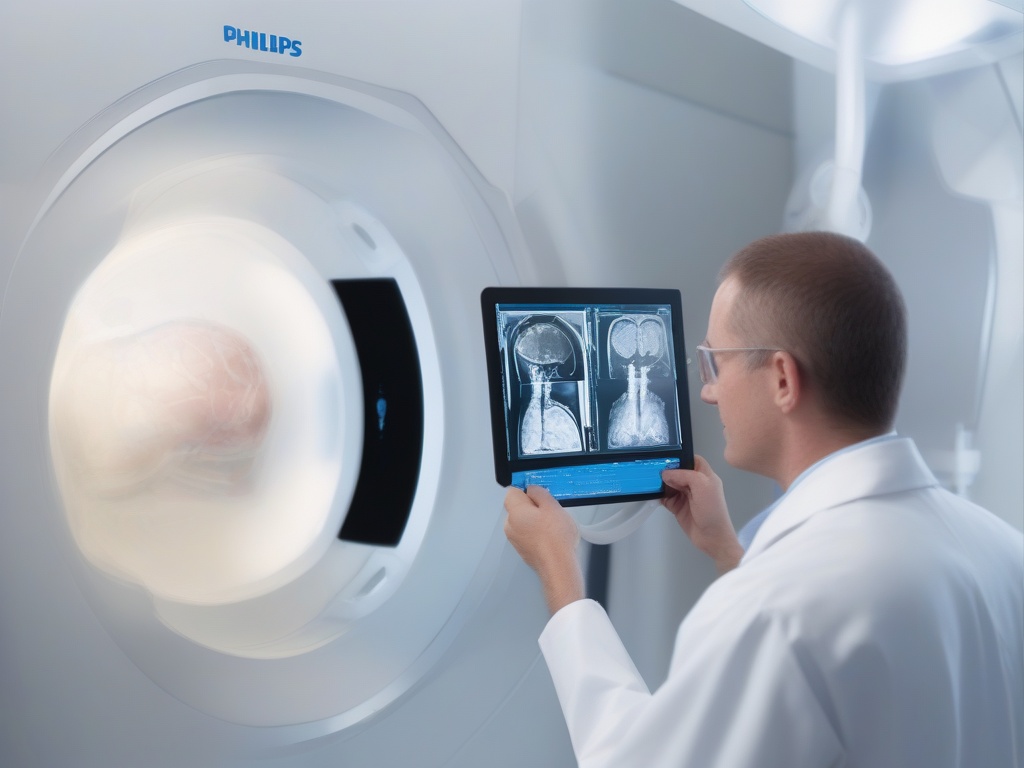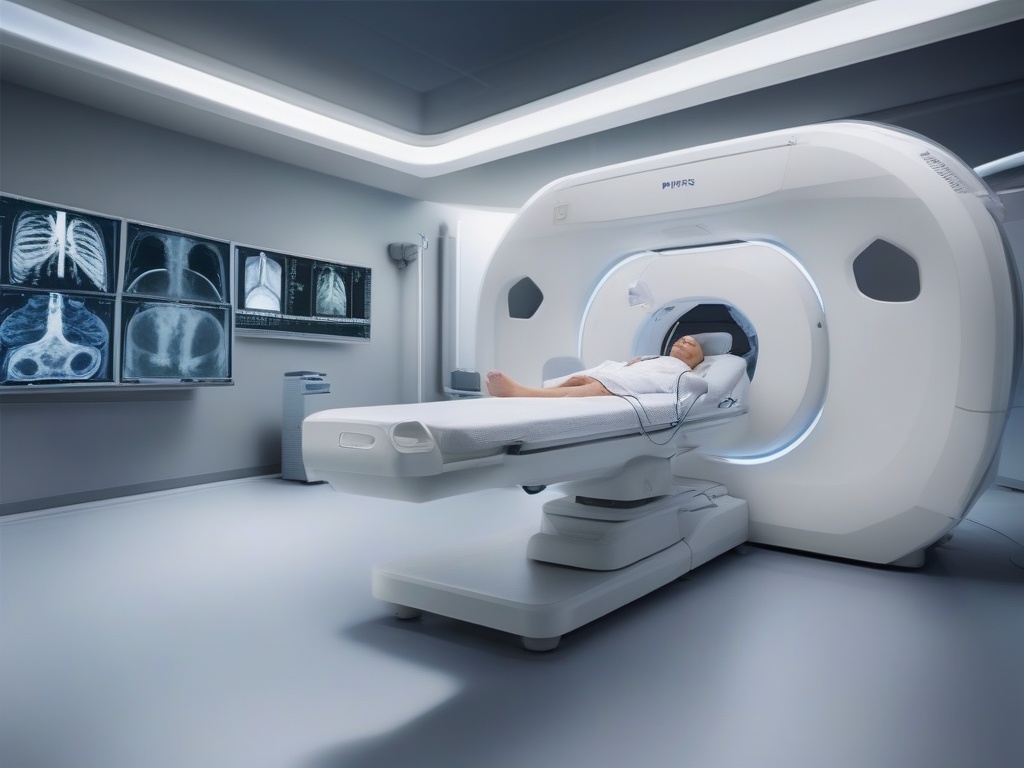Unlocking the Potential of Medical Imaging with PHILIPS iCT: An In-Depth Look at Product Details
Introduction

In today's healthcare landscape, technological advancements are transforming the way we diagnose and treat patients. Among these advancements, Computed Tomography (CT) imaging has become a crucial tool for clinicians, providing detailed, three-dimensional images of the body's internal structures. PHILIPS, a leading innovator in medical imaging, has introduced the iCT platform, which pushes the boundaries of what is possible in CT scanning. In this article, we will delve into the product details of PHILIPS iCT, exploring its features, capabilities, and the impact it is having on medical imaging.
Overview of PHILIPS iCT
PHILIPS iCT represents the company's commitment to innovation and patient care. This state-of-the-art CT platform offers a comprehensive range of scanners that cater to the diverse needs of healthcare institutions. From high-end, multi-slice scanners to cost-effective, entry-level models, PHILIPS iCT provides solutions that are tailored to specific clinical requirements.
Key Features of PHILIPS iCT
1. Advanced Imaging Technology
PHILIPS iCT scanners incorporate advanced imaging technology to capture high-resolution, low-noise images. This includes the use of iterative reconstruction algorithms, which reduce artifacts and enhance image quality. Additionally, the scanners feature large detector arrays and fast rotation speeds, enabling faster scanning and improved patient comfort.
2. Dose Reduction Technology
Patient safety is a top priority in medical imaging. PHILIPS iCT scanners employ various dose reduction techniques to minimize radiation exposure. These include automatic exposure control, which adjusts the dose based on the patient's size and anatomy, as well as advanced reconstruction algorithms that allow for lower dose imaging while maintaining image quality.
3. User-Friendly Interface
The PHILIPS iCT platform features a user-friendly interface that is intuitive and easy to navigate. This allows clinicians to quickly and efficiently set up scans, adjust parameters, and view results. The interface is also customizable, enabling users to personalize their workflow and improve efficiency.
4. Connectivity and Integration
PHILIPS iCT scanners are designed for seamless connectivity and integration with other medical systems. This includes support for Picture Archiving and Communication Systems (PACS), allowing for easy sharing and retrieval of images. Additionally, the scanners can be integrated with advanced software applications, such as 3D reconstruction and analysis tools, to enhance diagnostic capabilities.
5. Versatility and Flexibility
The PHILIPS iCT platform offers a range of scanner options, allowing institutions to select the right system for their specific needs. Whether it's a high-end, multi-slice scanner for complex imaging tasks or a cost-effective, entry-level model for general purpose scanning, PHILIPS has a solution that meets the requirements.
Impact of PHILIPS iCT on Medical Imaging
The introduction of PHILIPS iCT has had a significant impact on medical imaging. By providing advanced imaging technology, dose reduction techniques, and a user-friendly interface, the platform has enabled clinicians to diagnose diseases more accurately and efficiently. The improved image quality and faster scanning speeds have enhanced patient comfort and satisfaction, while the dose reduction techniques have minimized radiation exposure and promoted patient safety.
Furthermore, the versatility and flexibility of the PHILIPS iCT platform have made it an attractive choice for institutions across a wide range of clinical settings. Whether it's a large hospital, a small clinic, or a specialized diagnostic center, PHILIPS iCT has a solution that meets the unique needs of each facility.
Conclusion

In conclusion, PHILIPS iCT represents a significant advancement in medical imaging. By incorporating advanced imaging technology, dose reduction techniques, and a user-friendly interface, the platform has revolutionized the way clinicians diagnose and treat patients. The versatility and flexibility of the iCT scanner range enable institutions to select the right system for their specific needs, ensuring that patients receive the highest quality care possible. As technology continues to evolve, we can expect PHILIPS iCT to continue leading the way in medical imaging, unlocking new possibilities and improving patient outcomes.




 Neil
Neil 
 Neil
Neil